Tensions have escalated in the Kenyan political landscape. Tana River Senator Danson Mungatana filed a censure motion against Deputy President Rigathi Gachagua. Environment CS Aden Duale responded to Mungatana’s motion.
He clarified that such a motion can’t originate from the Senate. It must be initiated by a member of the National Assembly.
Duale emphasized that impeachment procedures are strictly outlined in the constitution. Significant support from the National Assembly is required before any action can be taken in the Senate.
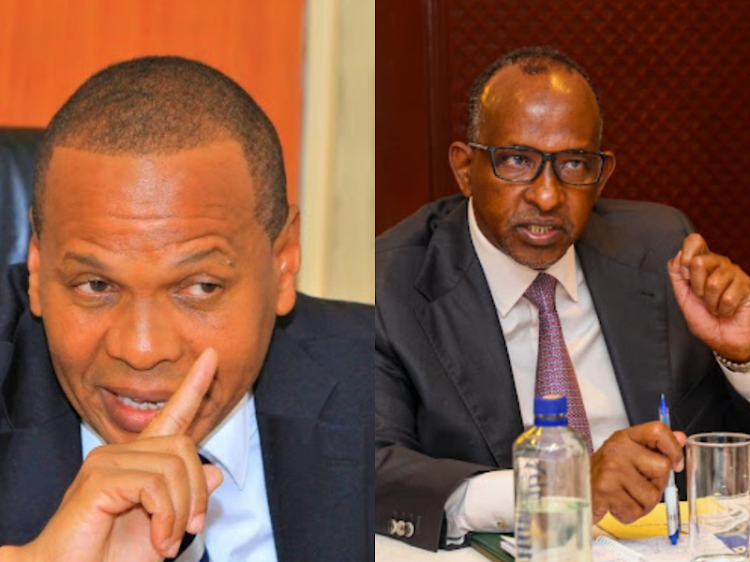
Duale’s remarks highlighted the distinction between a censure motion and an impeachment motion. A censure motion serves as a formal expression of disapproval about a state officer’s conduct.
Impeachment involves a more rigorous process that leads to removal from office. Mungatana, but, defended his position. He asserted that he had indeed filed a censure motion and not an impeachment motion. He urged Duale to understand the difference.
The backdrop of this political clash includes Gachagua’s growing isolation within the government. This isolation is exacerbated by the censure motion and his recent removal from President William Ruto’s WhatsApp group.
Gachagua expressed concerns about the impact of this exclusion on his ability to carry out his duties effectively. He indicated that he would seek a conversation with the President. He wants to handle these issues. This reflects the strained dynamics within the administration.
In the midst of these developments, Gachagua has attempted to reconnect with the electorate through public engagements. He is signaling a strategy to bolster his support base amid the political turmoil.
The situation remains fluid. Both Mungatana and Duale are standing firm in their respective positions. This indicates that the political discourse surrounding Gachagua’s leadership will continue to unfold in the coming days.

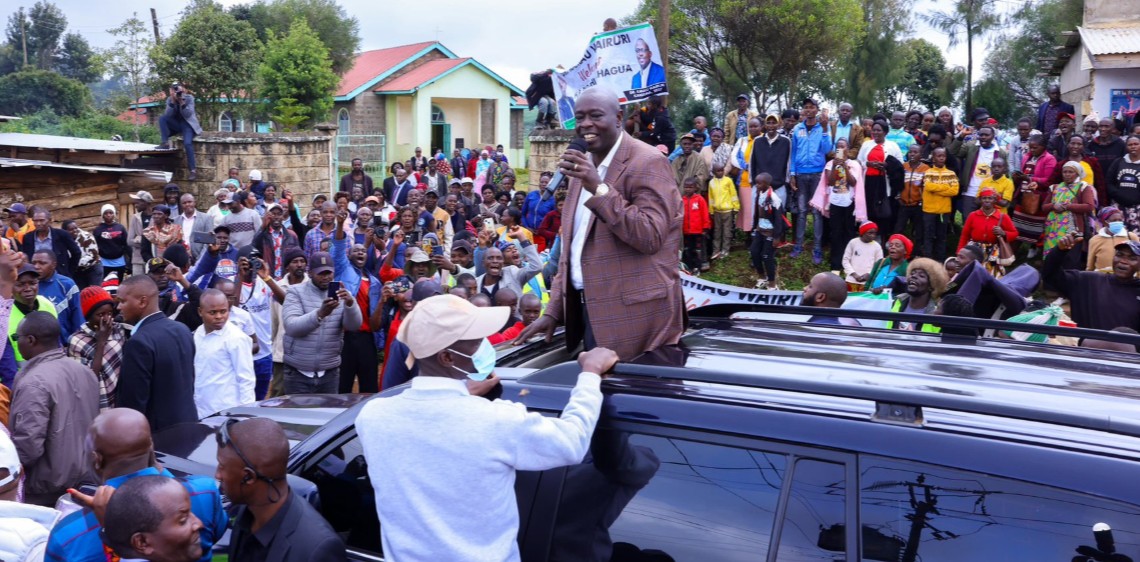
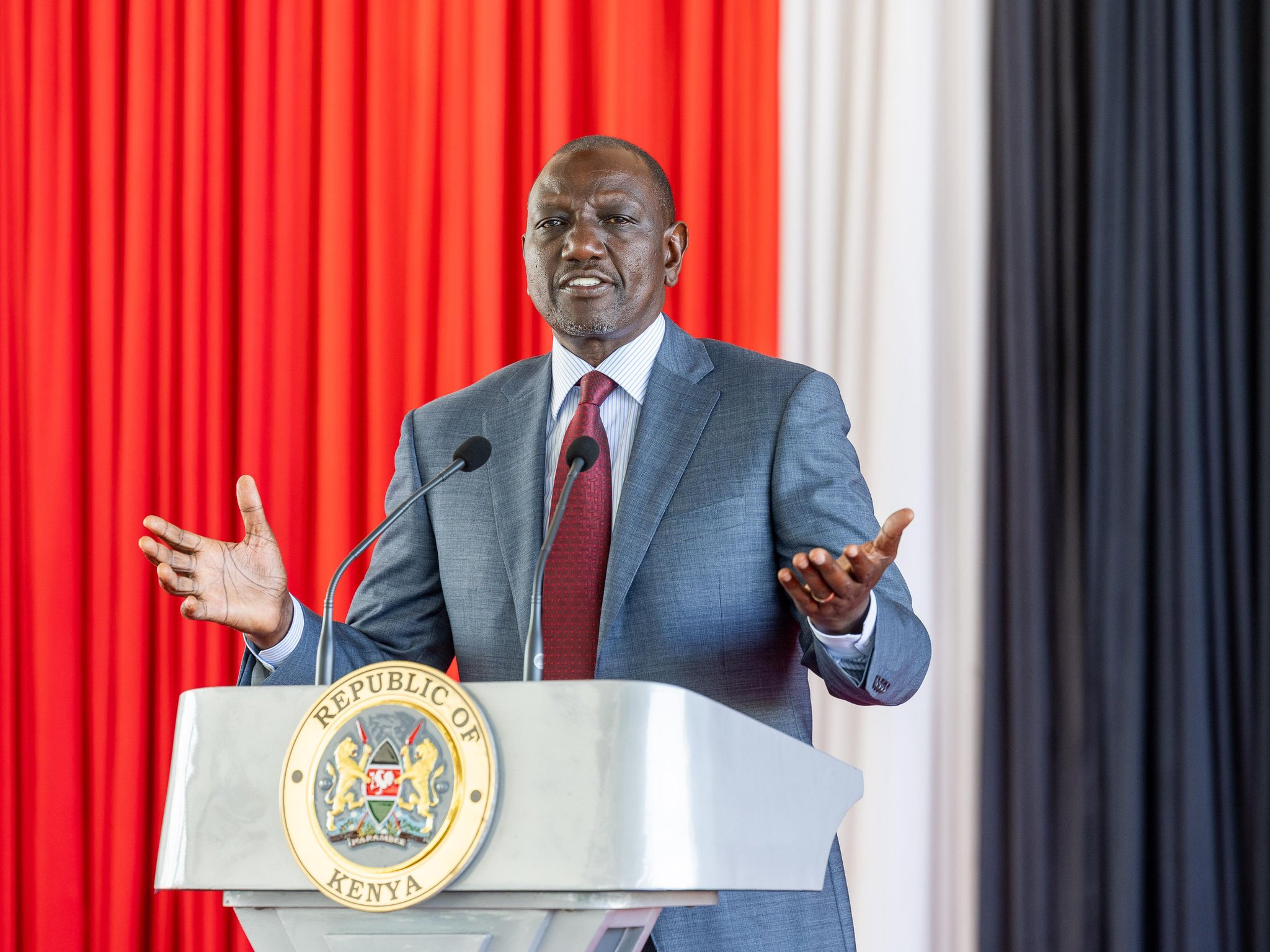
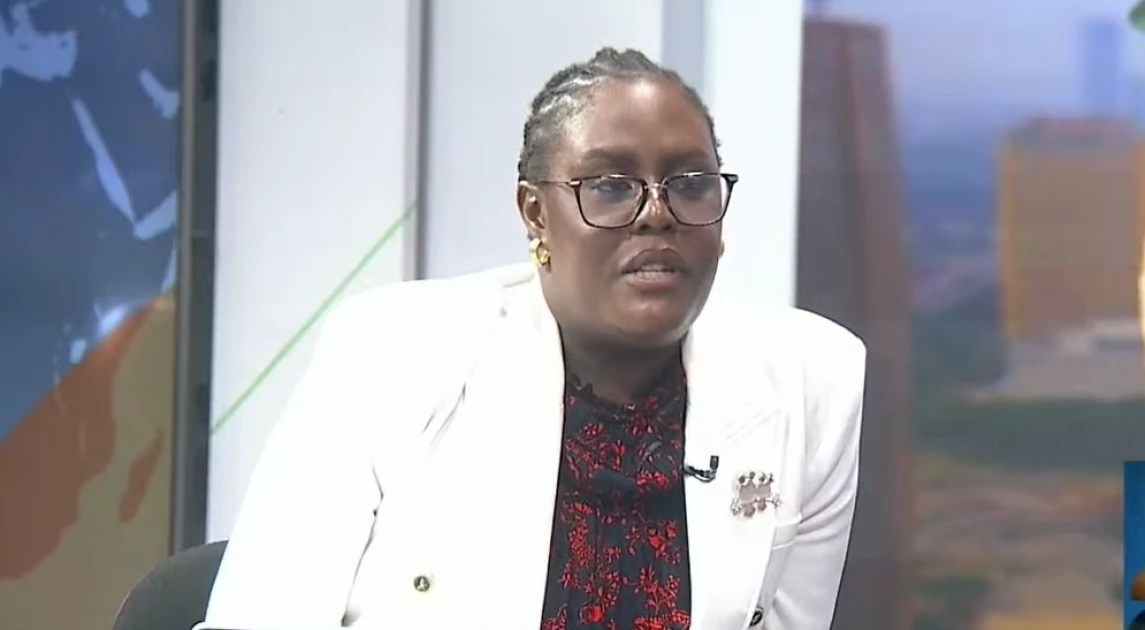
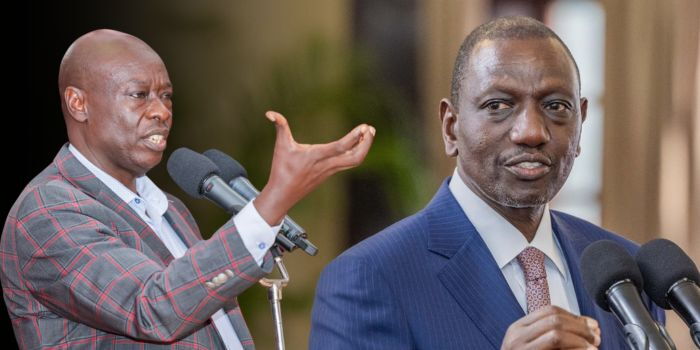
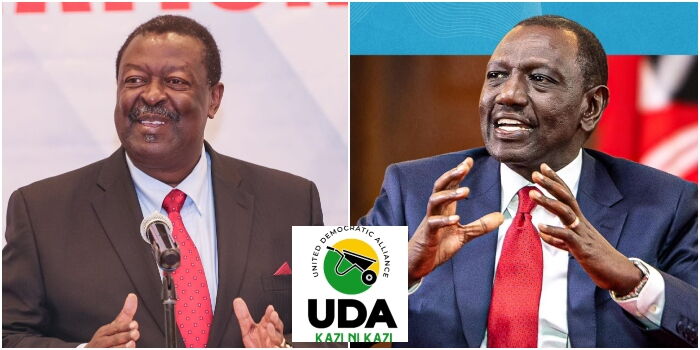

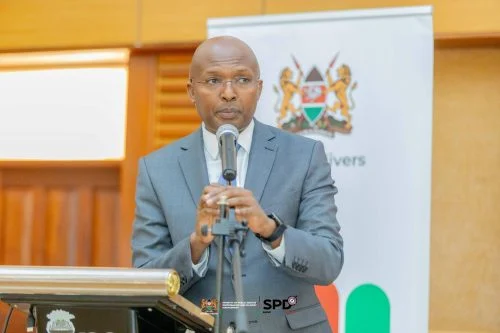
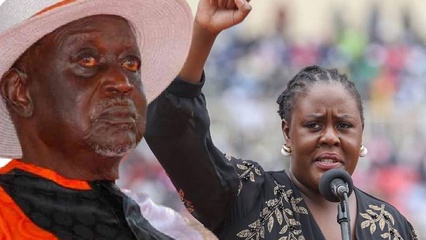
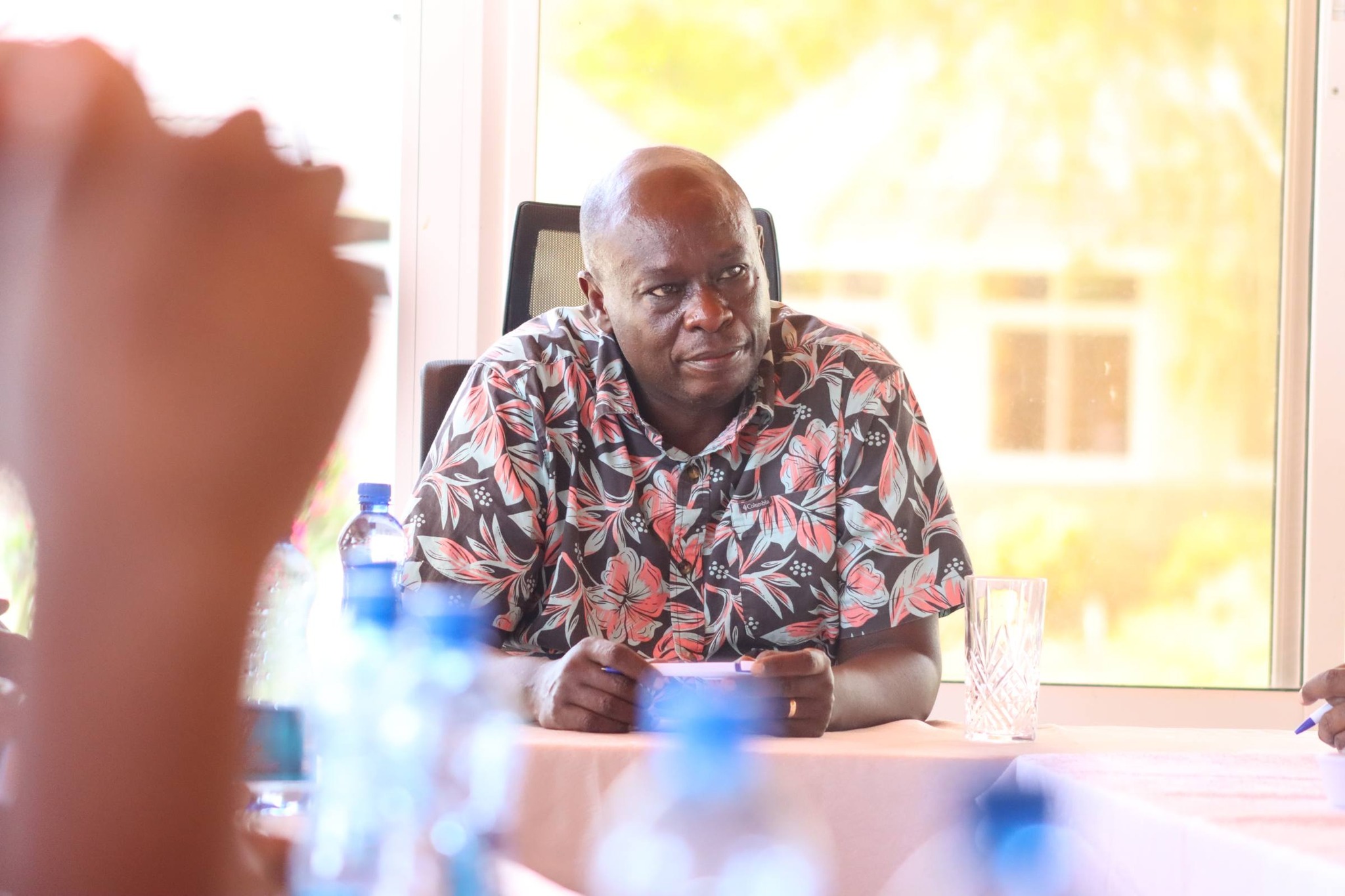
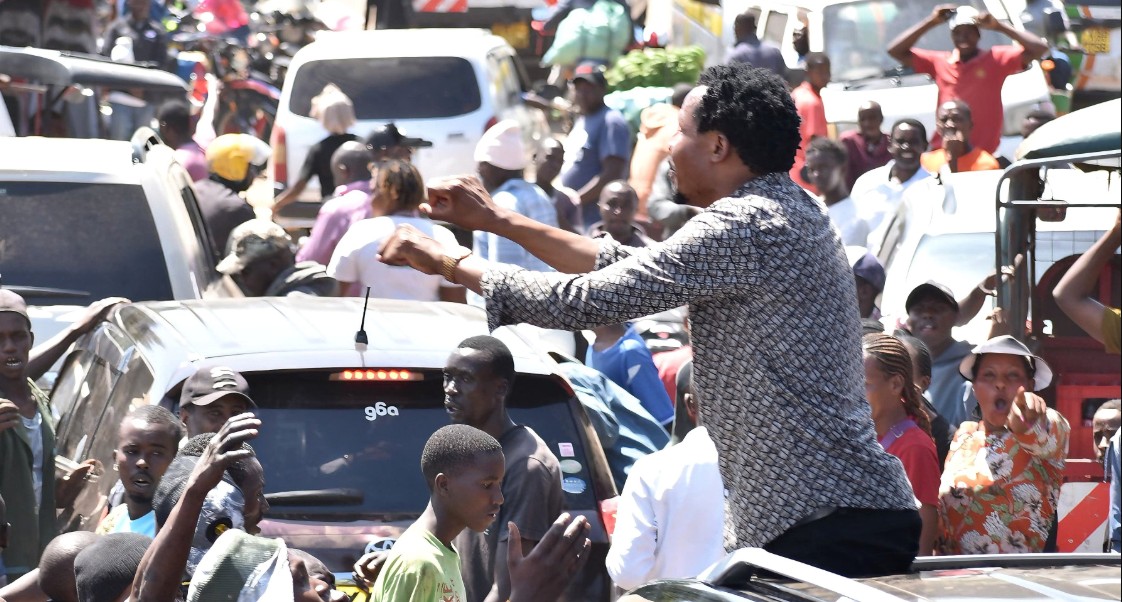

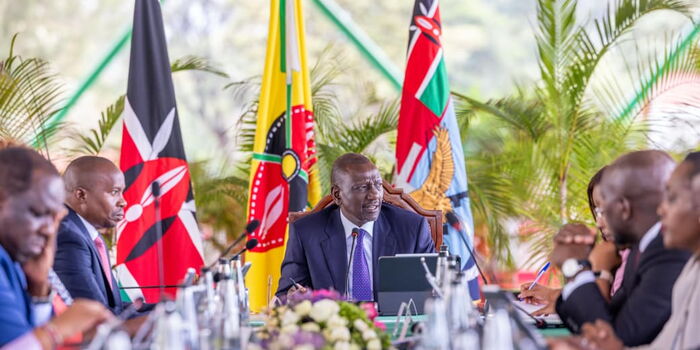


Leave a Reply